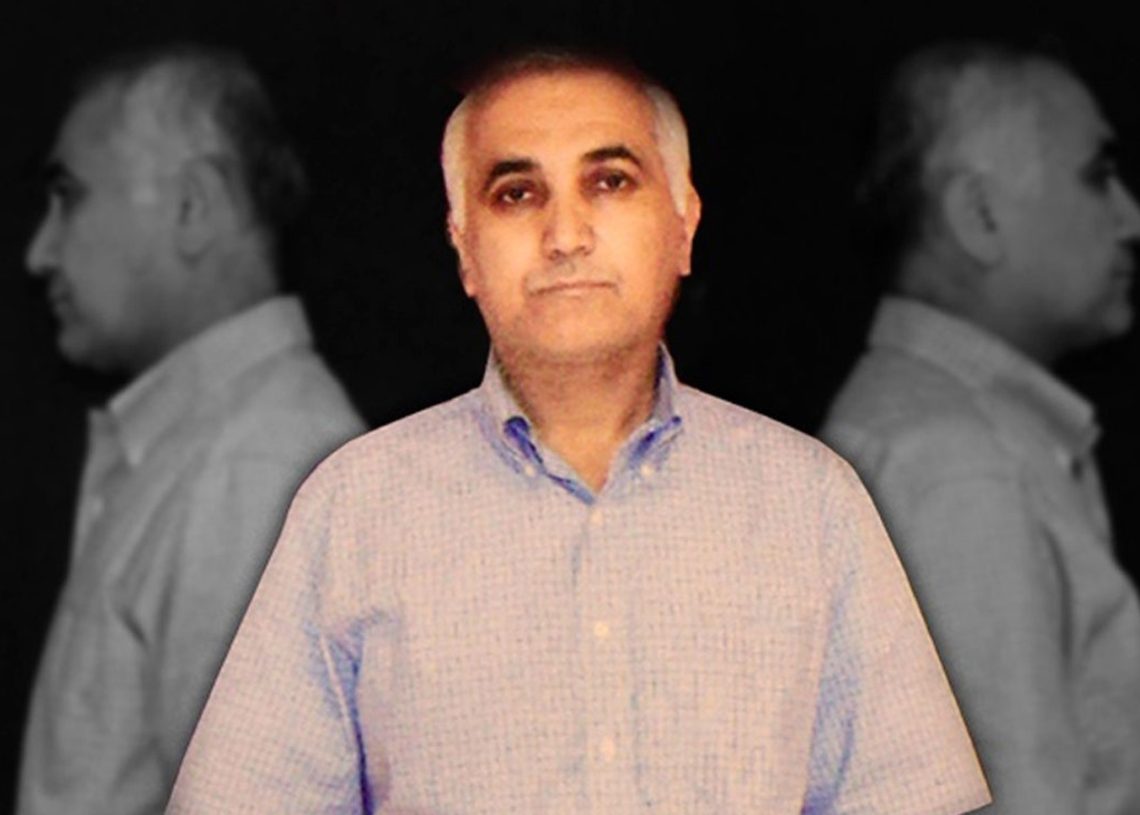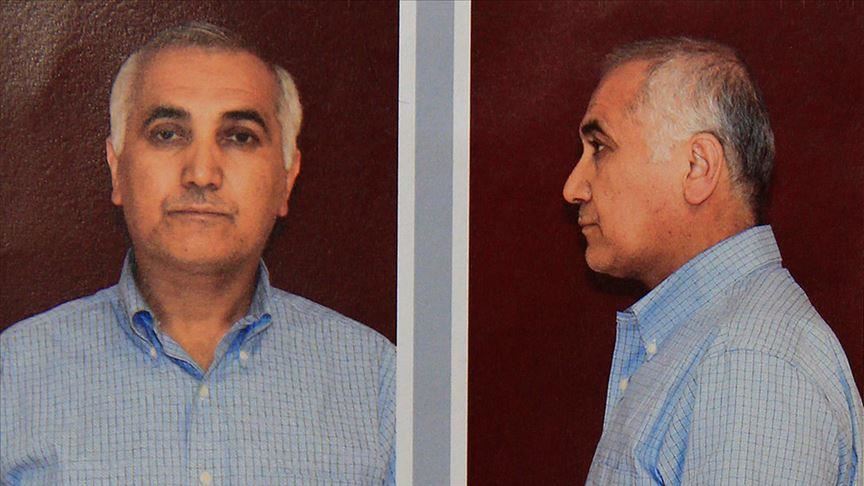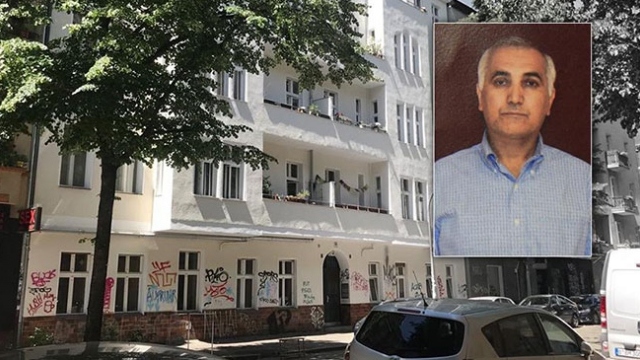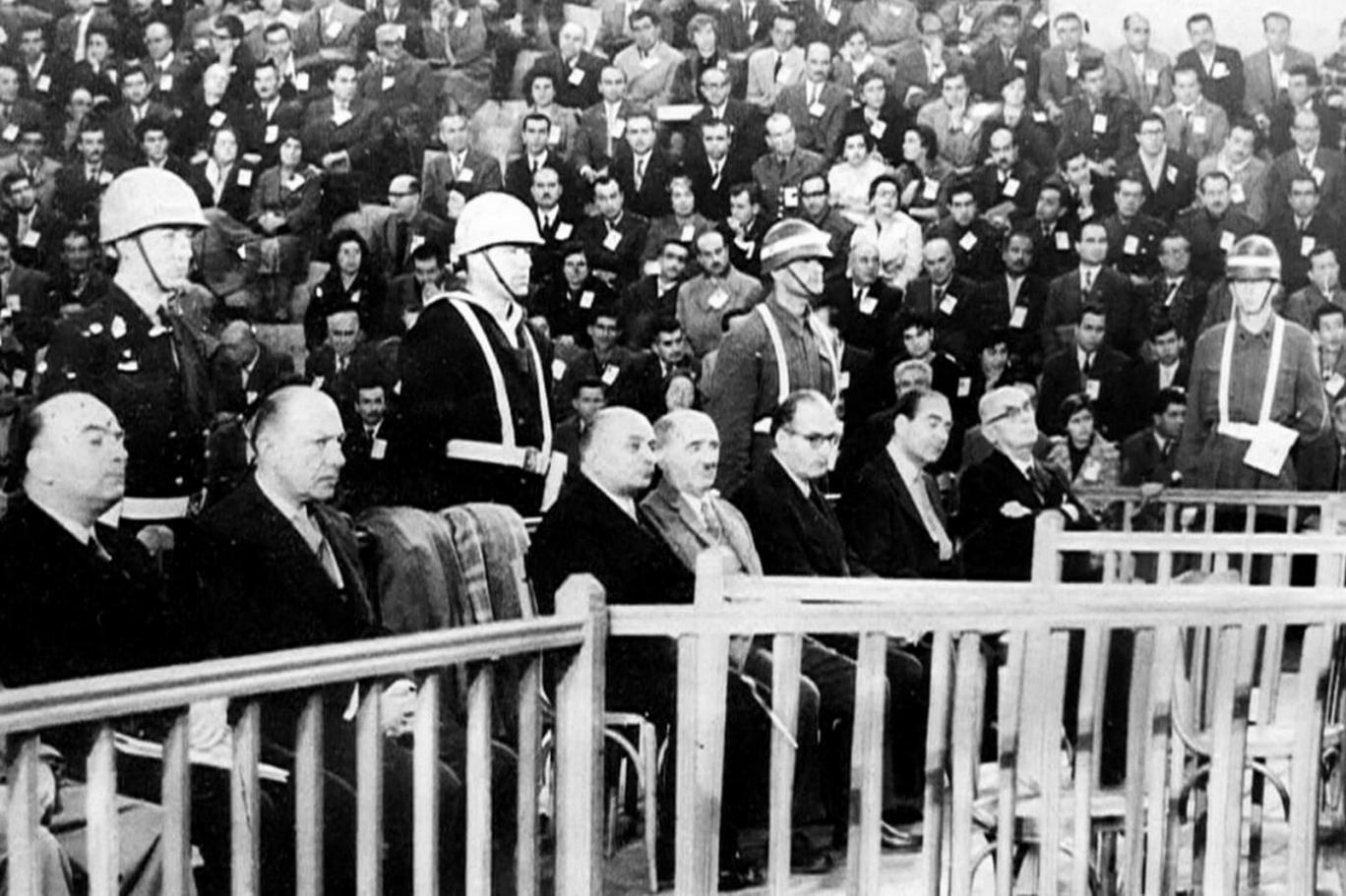
One name stands out prominently in the intricate narrative of Türkiye’s failed July 15, 2016, coup attempt: Adil Oksuz. Allegations against him have brought his role in the coup into sharp focus, shrouded in mystery, political intrigue and a series of controversial events.
Although Oksuz was a central figure in the coup, Gulenist Terror Organization (FETO) members within the state facilitated his escape abroad. Let's examine how members of this terrorist organization conducted a kamikaze-style operation during this incident.

Oksuz, often referred to as the "Air Force Imam," is accused of being a key figure in orchestrating the coup from Akinci Air Base, which was the nerve center for the coup plotters. His alleged connections to the Gulen movement, led by the exiled Fethullah Gulen, positioned him as a pivotal player in the coup's planning and execution. On the night of the coup, Oksuz was detained near Akinci Air Base, a place that later became synonymous with the failed coup attempt.
What followed Oksuz's arrest has baffled many and sparked numerous conspiracy theories. Despite the serious charges against him, Oksuz was released just two days later by judges Cetin Sonmez and Koksal Celik. This decision ignited a firestorm of controversy and suspicion. Like kamikaze pilots, the judges seemed to risk everything, possibly because of ideological conviction, to ensure Oksuz's escape. Both Sonmez and Celik were subsequently arrested and suspended from their positions.

In the wake of Oksuz's escape, the Turkish government initiated a massive purge across various state institutions. Thousands of individuals, ranging from police officers to academics, were dismissed or arrested for alleged ties to the Gulen movement. High-ranking police officers and prosecutors, such as Davut Ayduz and Muhittin Akgul, were among those detained for their connections to Oksuz.
The officers tracking him down found themselves dismissed, echoing historical purges where governments aggressively rooted out perceived internal threats.

Oksuz's disappearance has been as mysterious as his release. Reports of his whereabouts range from Germany to the United States, suggesting he might be under the protection of Gulenist networks abroad. Initial sightings placed him in German cities like Berlin and Frankfurt, with later reports hinting at a possible hideout in Pennsylvania near Fethullah Gulen himself. The fact that Oksuz's wife and children also live in New Jersey strengthens this possibility.
The involvement of high-ranking officials and judges in Oksuz's release underscores the pervasive influence of clandestine networks within Türkiye’s state apparatuses. This scenario mirrors other instances of systemic corruption and infiltration, such as the mafia's grip on Italian politics or the drug cartels' hold over Mexican law enforcement.

Türkiye's history is rife with coups and political upheavals, each leaving a deep mark on its social and political fabric. The 1960 coup, for instance, saw the execution of Prime Minister Adnan Menderes and several ministers, signaling a dramatic shift in Turkish politics. The 1980 coup led to widespread arrests, executions and a reconfiguration of the Turkish political landscape. Each of these events involved purges and repressions, akin to the post-2016 coup crackdown.

The story of Oksuz is far from over. As Türkiye continues to seek his extradition and uncover the full extent of his support network, his case remains a poignant reminder of the intricate interplay between justice, politics and international relations. Oksuz’s escape and the subsequent purges within Türkiye’s institutions serve as a stark illustration of the challenges faced by states in maintaining the rule of law in the face of internal and external threats.
In the grand tapestry of political fugitives and state responses, Oksuz’s tale stands out, not just for its immediate impact on Turkish politics but also for the broader questions it raises about governance, loyalty, and the pursuit of justice in a deeply interconnected world.